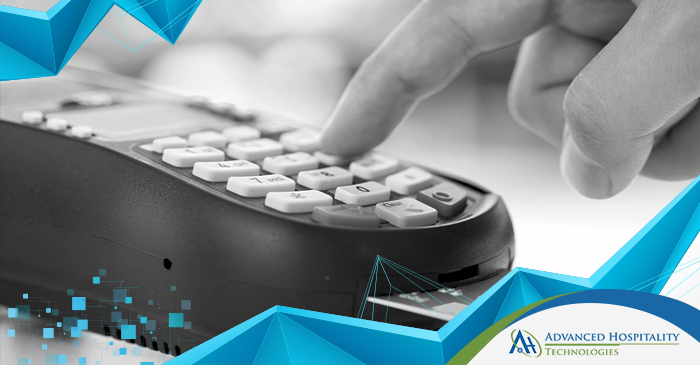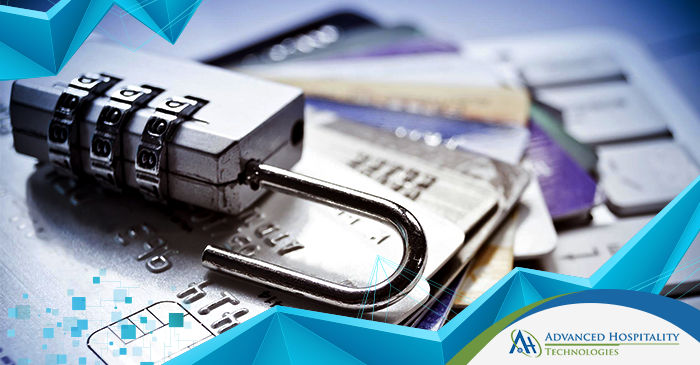Introduction
In today’s digitally connected world, hotels are increasingly vulnerable to cyberattacks. Handling large volumes of sensitive guest data, such as credit card information and personal details, has made the hospitality industry a prime target for cybercriminals. Ensuring the security of this data is no longer just a matter of compliance; it is essential for maintaining guest trust and protecting a hotel’s reputation.
Two critical technologies that have emerged as essential components of hotel cybersecurity are tokenization and encryption. These technologies are designed to safeguard sensitive information and prevent data breaches, ensuring that hotels can securely manage guest data and financial transactions. In this blog, we will explore what tokenization and encryption are, how they work, and why they are crucial for enhancing cybersecurity in hotels.
Understanding Tokenization: Safeguarding Guest Data
Tokenization is a process that replaces sensitive data, such as credit card numbers, with a unique, randomly generated token. This token holds no intrinsic value and cannot be reverse-engineered to reveal the original data. Tokenization is primarily used to protect payment information and sensitive guest details.
How Tokenization Works in Hotels
When a guest makes a payment at a hotel, their credit card information is sent to a tokenization service, which generates a token to replace the actual data. This token is stored in the hotel’s system, while the real data is securely stored in an off-site vault. Even if hackers gain access to the hotel’s database, the stolen tokens are useless without the original data.
For small hotels, tokenization offers a cost-effective way to protect guest payment information without needing expensive, complex security infrastructure. This makes it a valuable solution for hotels that handle numerous transactions daily.
Benefits of Tokenization for Hotels
Enhanced Payment Security: With tokenization, sensitive guest data is never stored on hotel systems, reducing the risk of data breaches. This technology helps hotels comply with regulations like the Payment Card Industry Data Security Standard (PCI DSS), which sets strict requirements for handling credit card information.
Reduced Financial Liability: Since hotels are not storing the actual payment data, they lower their exposure to potential breaches. This reduces the financial liability and potential fines hotels could face if sensitive guest information is compromised.
Fostering Guest Trust: By adopting tokenization, hotels demonstrate a strong commitment to protecting guest data. This fosters trust among guests, making them more likely to return for future stays.
Encryption: Securing Data Across Channels
While tokenization replaces sensitive data with tokens, encryption transforms data into a secure code, making it unreadable to unauthorized users. Encryption is used to protect data both when it is being transmitted (data in transit) and when it is stored (data at rest). This ensures that sensitive guest information remains secure at all times.
How Encryption Protects Guest Data
Encryption works by using an algorithm to scramble data into an unreadable format. Only those with the correct decryption key can access and read the information. In hotels, encryption is commonly used to secure communication between systems, such as guest reservation details shared between the hotel’s website, mobile app, and property management system (PMS). It is also used to protect stored data, such as guest records and payment details.
For small independent hotels, encryption is an accessible and essential tool for safeguarding sensitive data without incurring significant costs.
Benefits of Encryption for Hotels
Data Protection in Transit and Storage: Whether guests are making reservations online or providing personal information at check-in, encryption ensures that this data is protected. Even if hackers intercept the data, they cannot read it without the decryption key.
Compliance with Data Protection Laws: Encryption helps hotels comply with data protection regulations, such as the General Data Protection Regulation (GDPR) in Europe and the California Consumer Privacy Act (CCPA) in the U.S. These regulations mandate that businesses must secure personal data, and encryption is one of the best ways to meet these requirements.
Mitigating Internal and External Threats: Encryption protects data from unauthorized access, even from internal threats. Staff members without the proper decryption keys cannot access sensitive guest data, reducing the risk of insider breaches.
Tokenization vs. Encryption: Key Differences
Both tokenization and encryption are crucial for protecting guest data, but they work in different ways. Understanding these differences can help hotels decide how to best use these technologies to enhance their cybersecurity strategy.
Focus and Functionality
Tokenization focuses on replacing sensitive data with non-sensitive tokens, which are stored in place of the original information. This makes tokenization ideal for protecting payment data and reducing the risks associated with storing credit card numbers.
On the other hand, encryption scrambles the actual data so that it cannot be read without the correct decryption key. This makes encryption more suitable for protecting data in transit, such as when guests make reservations online or enter their payment information on the hotel’s website.
Security Benefits
Tokenization eliminates sensitive data from hotel systems, which greatly reduces the risk of data breaches. If hackers manage to access the database, they only retrieve meaningless tokens. Meanwhile, encryption ensures that even if data is intercepted or accessed without authorization, it cannot be understood without the decryption key.
Implementing Tokenization and Encryption in Small Hotels
For small independent hotels, investing in tokenization and encryption provides a powerful, cost-effective way to protect guest data. With limited resources compared to large hotel chains, smaller hotels can still adopt these technologies to strengthen their cybersecurity defenses.
Practical Steps for Small Hotels
Work with Payment Processors: Hotels can partner with payment processors that offer built-in tokenization services. This allows hotels to store tokenized payment data without needing to manage complex systems themselves.
Use Encryption for Guest Communication: Small hotels should ensure that all guest communication, from online bookings to check-in forms, is encrypted. Many cloud-based property management systems (PMS) offer encryption as part of their services, making it easy for smaller hotels to adopt this technology.
Train Staff on Data Security: While tokenization and encryption provide technological protection, human error is often the weakest link in cybersecurity. Training staff to recognize phishing attempts, secure guest data, and properly manage sensitive information is crucial for any hotel.
Conclusion: Strengthening Hotel Cybersecurity with Tokenization and Encryption
As cyber threats continue to evolve, hotels must take proactive steps to protect guest data. Tokenization and encryption are two critical technologies that can significantly enhance a hotel’s cybersecurity posture. Tokenization protects payment information by replacing it with meaningless tokens, while encryption ensures that sensitive data remains secure during transmission and storage.
For both large hotel chains and small independent hotels, implementing tokenization and encryption is an essential step toward safeguarding guest information and maintaining trust in an increasingly digital world. With these technologies in place, hotels can reduce the risk of data breaches, comply with regulatory requirements, and provide guests with the peace of mind that their information is safe. By prioritizing these cybersecurity measures, hotels can focus on delivering exceptional guest experiences while ensuring the protection of sensitive data.




